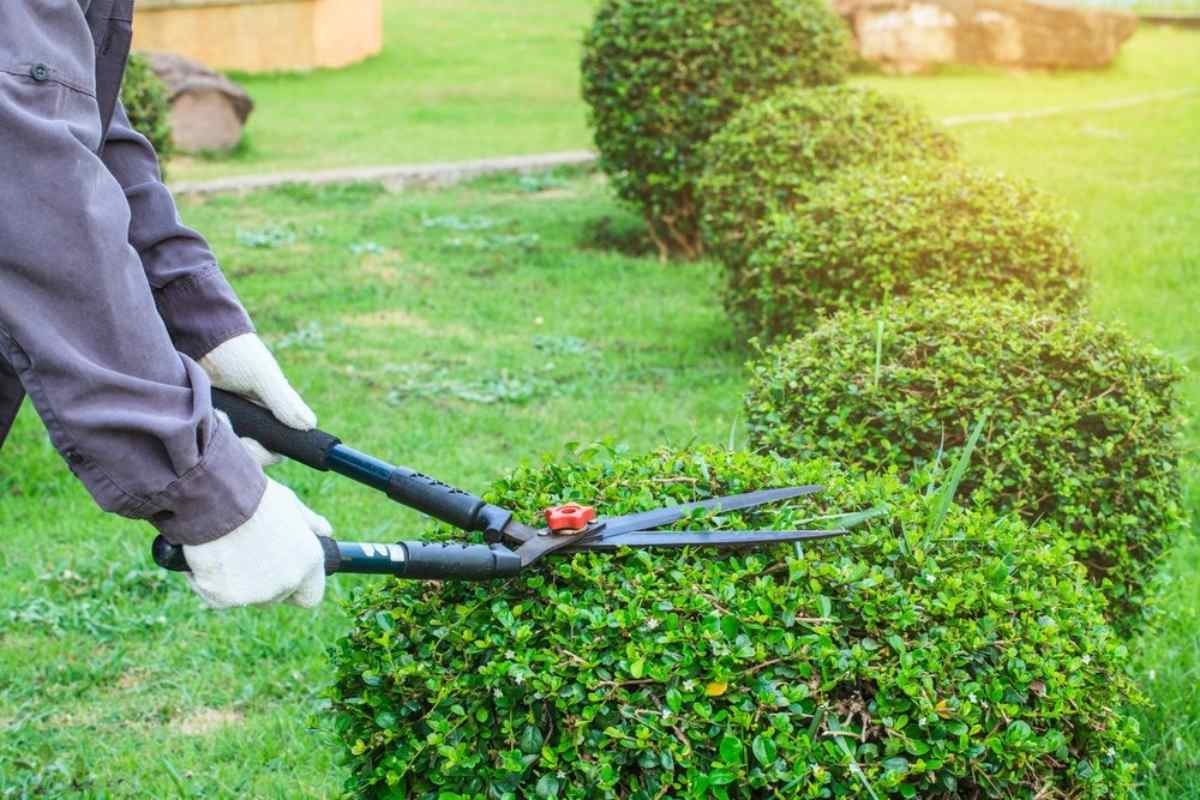As a property owner, one of your key responsibilities is ensuring that your rental property stays in good condition, including the lawn. The appearance and maintenance of the outdoor space can significantly impact property value and tenant satisfaction. This is where a well-crafted lawn maintenance clause in your rental agreement comes into play. Without clear expectations, conflicts can easily arise between landlords and renters over who is responsible for mowing the lawn, watering plants, or dealing with seasonal maintenance. Continue reading below as this post discusses the lawn maintenance clause in a rental agreement and how it can save you headaches—and money—in the long run.
Table of Contents
Landlord Responsibilities for Lawn Maintenance
The general maintenance of your rental property goes beyond the interior. Tenants’ and prospective renters’ opinions of your house are largely influenced by the appearance of your lawn, which is a component of the curb appeal of your property. Taking proper care of your lawn well can also help prevent expensive repairs from neglect and preserve the value of your home.
The rental agreement and local laws will determine the landlord’s responsibility for maintaining the lawn. Landlords are expected to provide tenants with a rental home that has a healthy and well-kept lawn at the beginning of the lease. Landlords may occasionally handle significant lawn care requirements, like tree removal, pest control, or landscaping.
Specifying these expectations in detail is vital if your rental agreement covers lawn care. You may also be responsible for hiring a lawn care service or regularly giving tenants the necessary equipment like a sprinkler or lawnmower. Work with a proactive Washington DC rental manager to schedule your routine outdoor maintenance. The ultimate objective is maintaining the outdoor area’s safety, aesthetic appeal, and compliance with regional laws. You can avoid conflicts, maintain a friendly atmosphere, and contribute to keeping your rental property in excellent condition all year long by establishing clear expectations and doing your share of the maintenance.
Preventative Maintenance

1. Creating a Detailed Clause Agreement
Your rental agreement must contain a thorough preventative maintenance clause to safeguard your property and encourage open communication with tenants. It’s vital to include a lawn maintenance clause in the rental agreement and have the tenant agree to it before they sign it if you have specific expectations or don’t want to permit certain activities on the lawn.
Tenants are expected to adhere to the conditions outlined in the tenancy agreement they signed before moving into the property. Also, they are expected to keep the lawn litter-free, reasonably clean, and properly mowed for the duration of the tenancy. Generally, the tenant would be expected to keep up with the weeding, mowing the lawn regularly, and watering it during dry spells. Although this is typically a standard clause in a tenancy agreement, it’s a good idea to make sure that the agreement clearly outlines the obligations of both the landlord and the tenant.
When you set clear expectations, both parties know their obligations and can avoid conflicts. A detailed preventative maintenance clause ensures that issues are addressed before they become more significant problems, saving time and money while keeping your rental in good condition throughout the lease term.
2. Scheduling Regular Lawn Maintenance
Maintaining the appeal of your rental property’s lawn requires preventative care, and planning routine lawn care can save you a ton of trouble at the end of the day. In addition to improving curb appeal, a well-kept lawn protects against more serious problems like weeds, overgrown grass, and pest damage. Setting up a lawn care routine as a landlord, whether you do it yourself, hire a service, or let the tenants take care of it, will help guarantee that the lawn remains in good condition all year. Landlords can enhance their outdoor curb appeal by following these landscaping tips.
You should consider routine maintenance as an investment. Regularly mowing, watering, and handling any landscaping requirements will help you avoid future problems like dead patches or costly repairs. Keeping a lawn healthy is also far more straightforward than revitalizing one neglected. By planning routine maintenance, you can keep the outdoor area in optimal condition and maintain the value of your property while also satisfying your tenants.
Conclusion
Preparing a lawn maintenance clause in your rental is important to build a good working relationship between landlords and tenants. It helps protect the rental investment and build goodwill for the tenants. This helps prevent conflicts and repairs that may end up being an expensive one. Having a thorough rental agreement can ensure the property’s value also upgrades together with tenant satisfaction.

